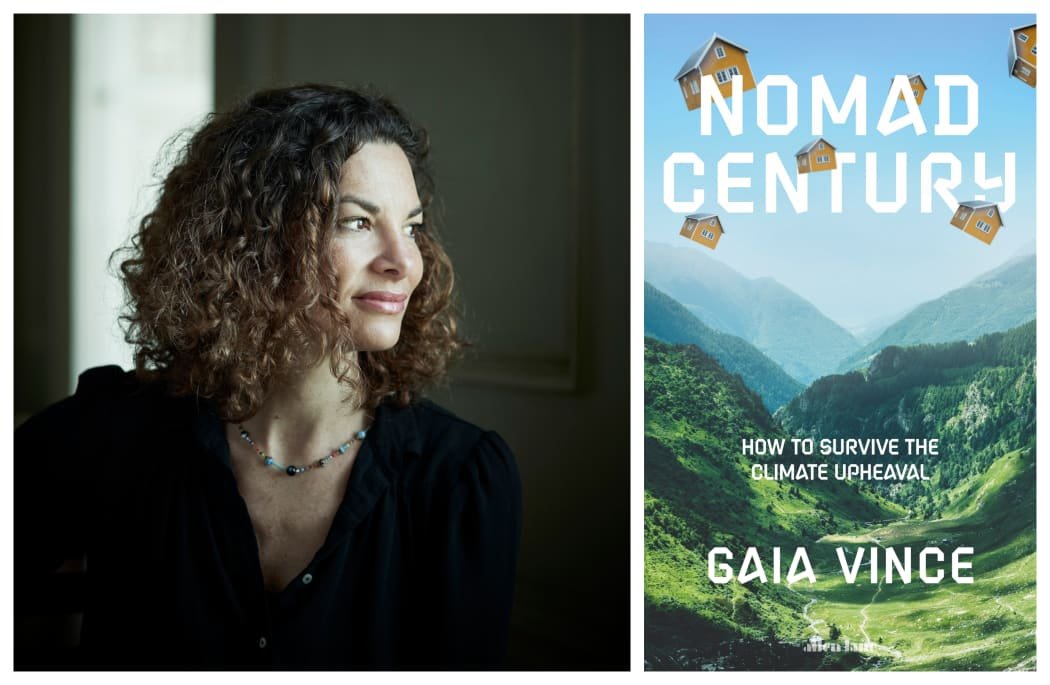In our January 25th xChange Paul Skinner, founder of MarketingKind, will interview Gaia Vince, award-winning science journalist, author, broadcaster and speaker, on how we can migrate our way to a more sustainable future.
Gaia’s latest book Nomad Century is an urgent investigation of the most underreported, seismic consequence of climate change: how it will force us to change where – and how – we live. It is a book of solutions and also a rousing call to arms, describing how we can plan for and manage the now unavoidable climate migration while we restore the planet to a fully habitable state.
This discussion is an important one for anyone interested in climate change, migration and how the two are inextricably linked.
Register for your complimentary ticket on TicketTailor here.
Gaia's work covers the interaction between human systems and Earth’s planetary systems and she has travelled the world extensively to research it.
She writes books and articles, including for the BBC, The Guardian, New Scientist, Australian Geographic, Science. She makes and present science documentaries for radio and television, presents BBC Inside Science, and gives talks around the world. Previously, she has held senior editorial positions at the science journals Nature, Nature Climate Change, and New Scientist magazine. She has won awards for her work, most recently, the 2024 European Geosciences Union Angela Croome Award for excellence in Earth, space and planetary science journalism.
Gaia is also an Honorary Senior Research Fellow at UCL’s Anthropocene Institute, a Fellow of the Royal Society of Arts, Manufacturing and Commerce (RSA), and a founding member of the Climate Migration Council, and proud to be a National Oceans Centre Ambassador.
After travelling around the world for 800 days, she wrote Adventures in the Anthropocene, which won the Royal Society Prize for Science Books (and was the first woman to do so).
Her second book, Transcendence, explores how we got here: how a smart ape became a planet-dominating force. It rewrites the story of our ‘ascent’, describing the co-evolution of our biology, environment and, importantly, our culture. It’s the story of how we made ourselves and where we are headed. It was shortlisted for the Royal Society Prize for Science Books.

